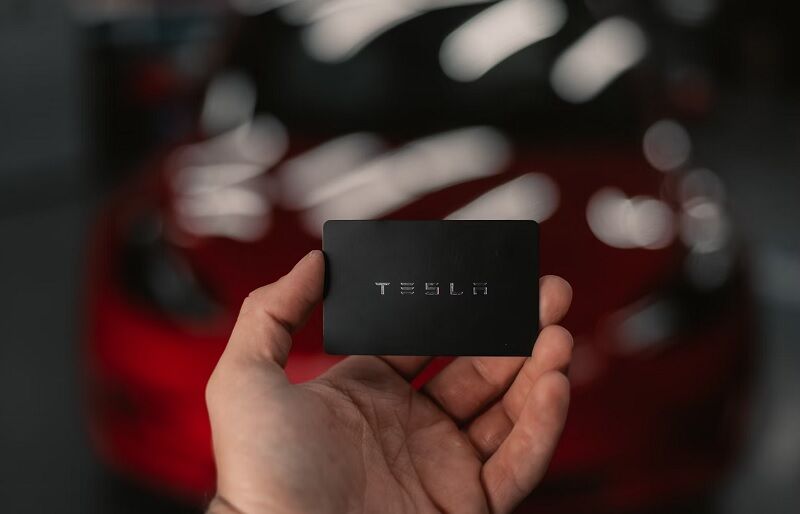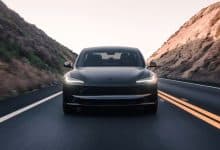Indonesia seeks Tesla EV battery plant with Musk’s interest

Indonesia is once again courting Elon Musk’s interest in establishing an electric vehicle (EV) battery plant within its borders. After meeting with President Joko Widodo, the CEO of Tesla, Elon Musk, is set to consider the proposal, as confirmed by Indonesia’s Coordinating Minister of Investment, Luhut Pandjaitan.
Musk’s immediate response was not available following the announcement made by Luhut to the media.
The meeting took place in Bali, where both Musk and Widodo had attended the World Water Forum earlier in the day, said Luhut.
“We made an offer, is it possible to build an EV battery plant here, with a with a precursor cathode. And he will consider it.”
Additionally, Widodo urged Musk to explore the possibility of investing in an artificial intelligence (AI) centre in Indonesia. There was also a renewed invitation for SpaceX to establish a launchpad on Biak Island in Papua province—an initiative the government had previously proposed.
Indonesia has been persistent in its efforts to attract Tesla’s investment in manufacturing facilities linked to Evs. The nation aims to leverage its abundant nickel resources to develop its EV sector.
Musk yesterday, May 19, launched SpaceX’s satellite Internet service for Indonesia’s health sector. Known as Starlink, the service is now commercially available, with the government prioritising its deployment in outer and underdeveloped regions.
Starlink, which commands about 60% of the approximately 7,500 satellites orbiting Earth, is a significant player in the satellite Internet industry, reported Bangkok Post.
In related news, Intel unveiled two new AI chips for China. Intel has recently announced the introduction of two new AI chips, the HL328 and HL388, specifically designed for the Chinese market.
These chips, characterised by their adjusted capabilities, represent Intel’s strategic response to navigate through a maze of export controls and US sanctions. Set for release in the forthcoming months, these innovations mark a significant shift in how technology companies adapt to strict international regulations.
Latest Thailand News
Follow The Thaiger on Google News:


























